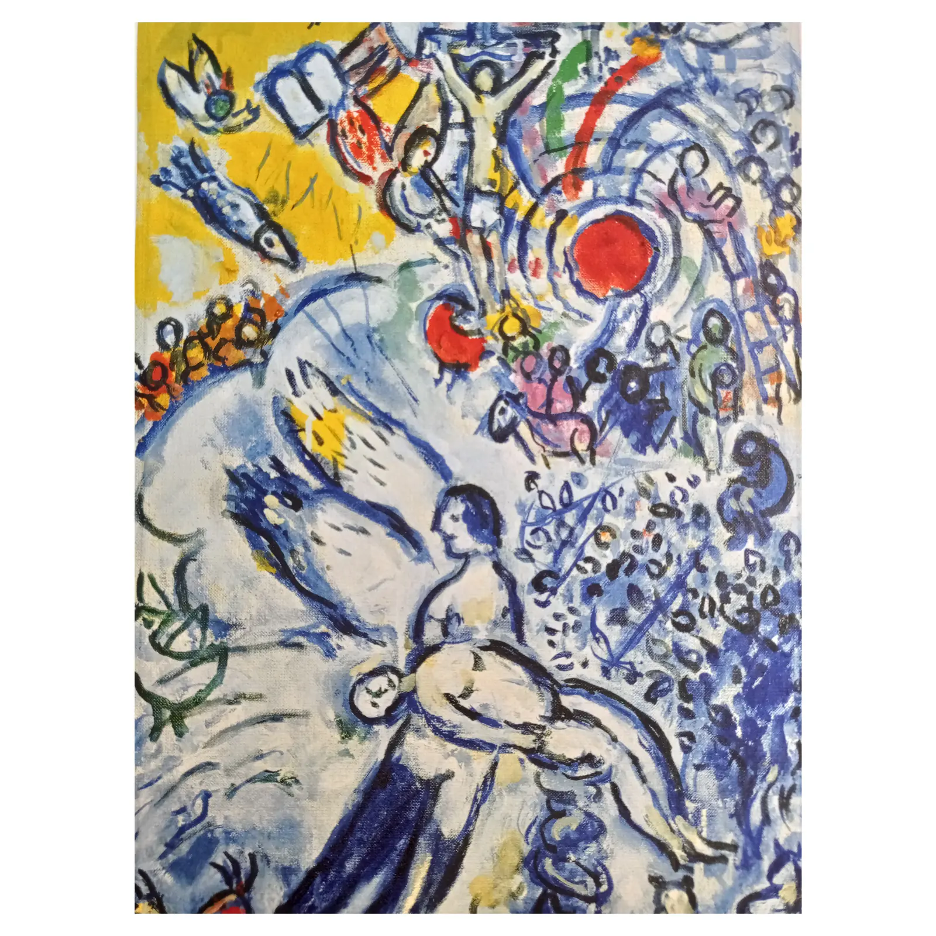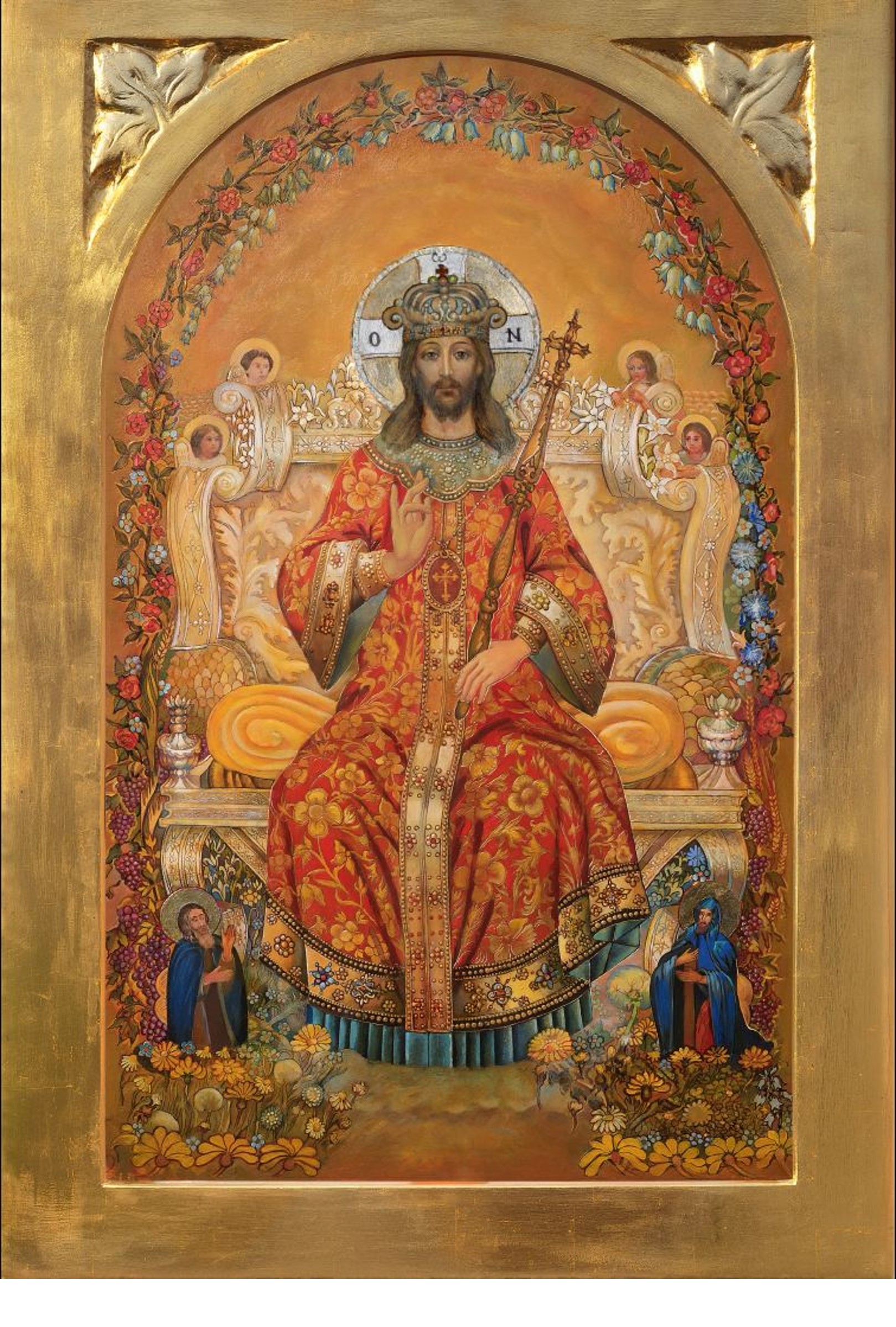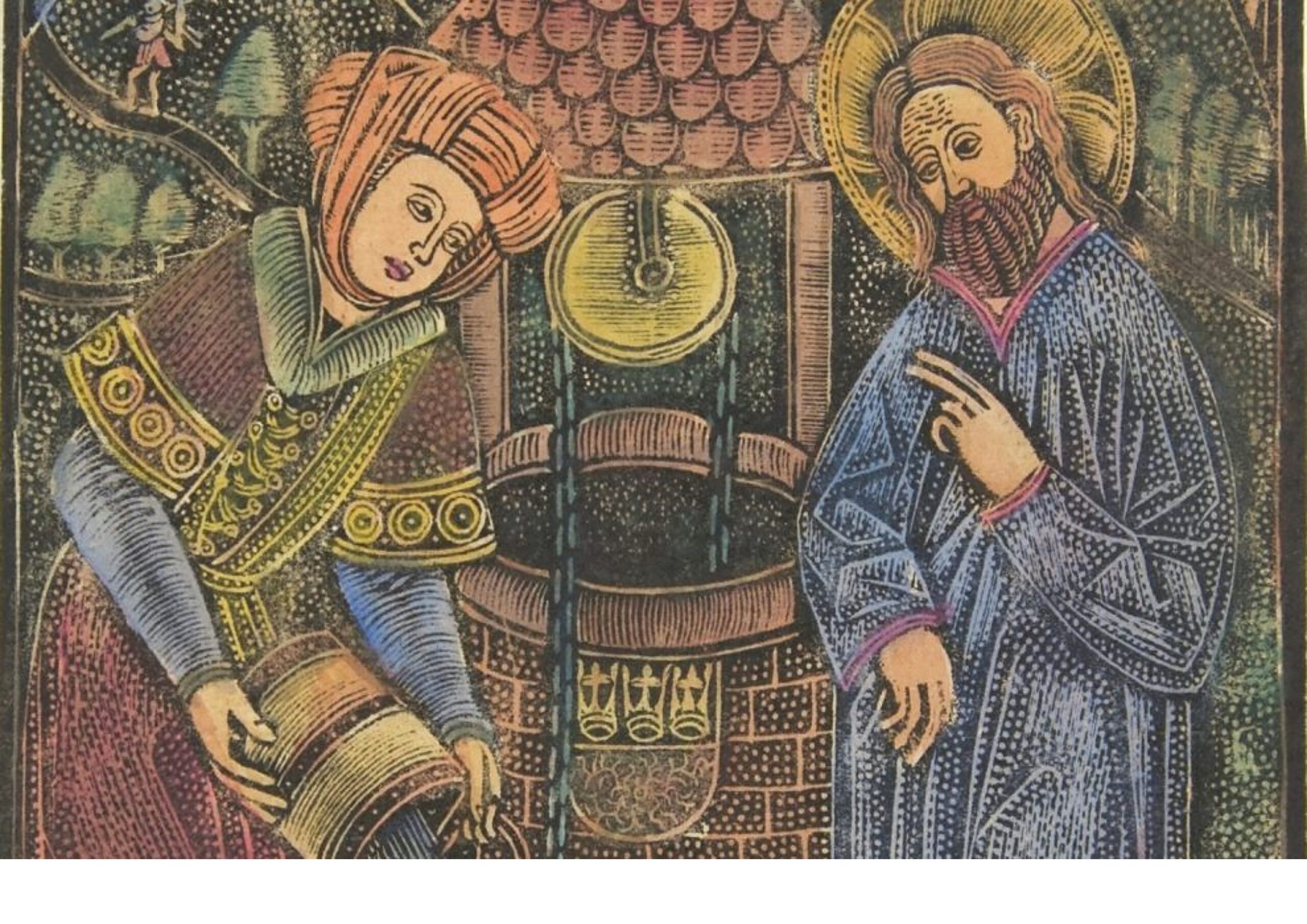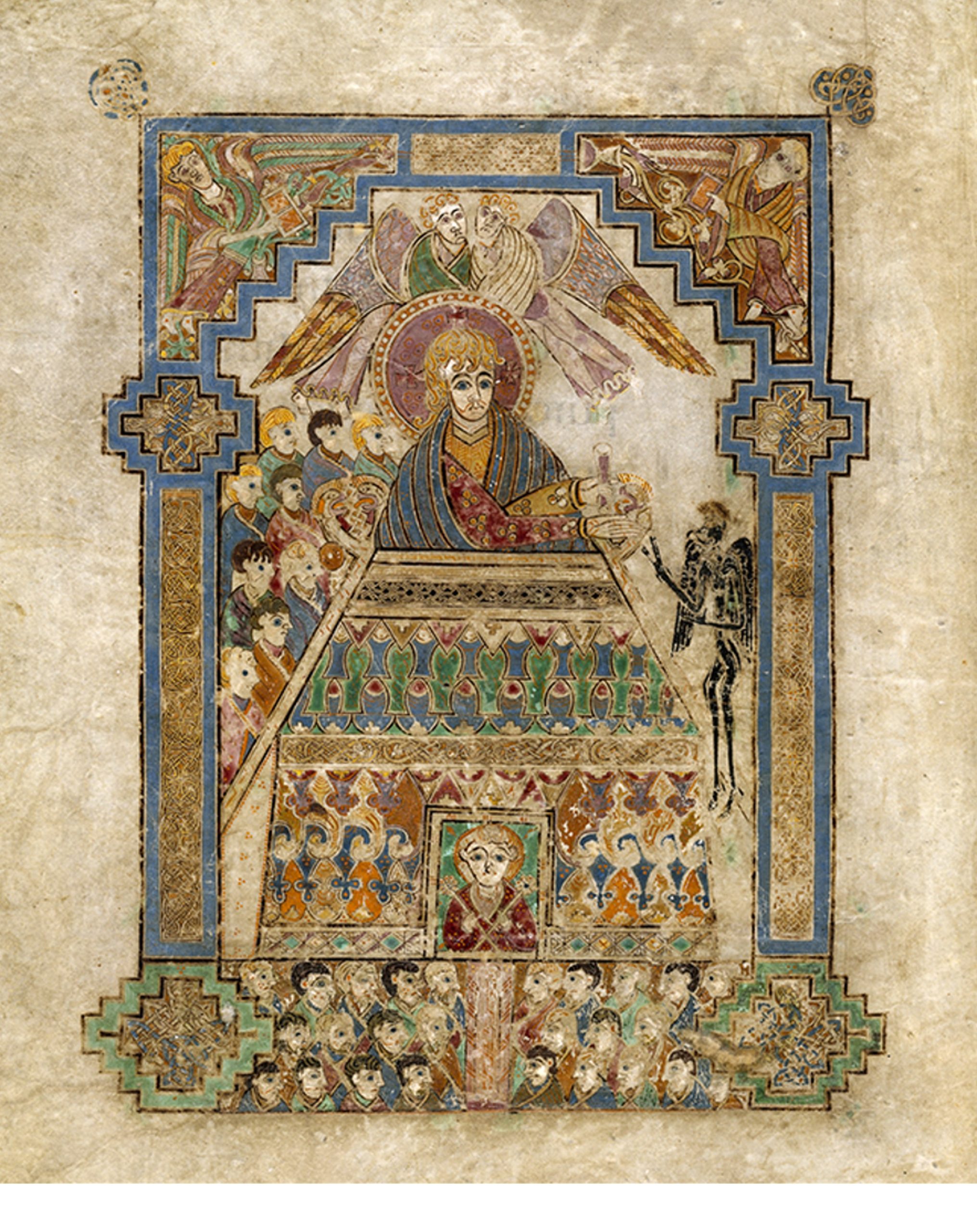
And So it Was
Scripture: Genesis 1:1-2:4a (NRSVue)
Genesis gives us two descriptions of creation. Chapter 1 focuses on the grandeur and majesty of God, as well as the harmony and order that God brought about out of chaos. Chapter 2 focuses particularly on the birth of humanity and the importance of relationships—and that God is close and relational with us.
The number 7 plays an important role in Genesis 1 symbolizing perfection, completion, and design. The opening sentence contains 7 words in Hebrew. There are 7 days and 7 times God effects his divine will and 7 times he approves it.
We read Genesis 1 differently than our Jewish brothers and sisters. In light of our encounter with Christ, we can look back into the Hebrew Scriptures and see our experience of the Father, Son, and Holy Spirit at work. In the gift of the Holy Spirit, we see the Spirit or Wind of God (ruach) sweeping over the waters like a dove. The Gospel of John borrows from Genesis when we read, “In the beginning was the Word, the Word was with God, and the Word was God…and the Word became flesh and dwelled among us.” When God says “Let us create” (Gen. 1:26) Judaism teaches this refers to the heavenly council of angels. As Christians with our encounter with Christ and the Spirit, we can also interpret this as the Triune God at work in creation.
God’s creation was an unfolding process. It didn’t happen in a single moment.
It was accomplished over a period of time and in stages. The first three days involve the creation of realms: light and dark, sky and sea, and land. Then God goes back for the next three days and fills those realms with: sun, moon and stars, birds for the air, fish for the sea, animals and humans for the earth.
The seventh day is a unique day, blessed and called holy by God. God doesn’t create on this hallowed day. As made in God’s image, we follow God’s example and cease from our labors to rest, enjoy creation, and worship God. With Christ’s resurrection on Sunday, we gather for worship on this day, the Lord’s Day. Our Jewish brothers and sisters continue to rest on the seventh day (Saturday)—what later in the Bible is called the Sabbath.
Genesis tells us about the WHO and the WHY of creation. Science tells us about the WHEN and HOW of creation. There’s no need for science and faith to be in conflict with one another—in fact, they can partner together in our search for meaning and knowledge.
Finally, a word about being made in God’s image. In ancient times statues would represent the presence and power of the king throughout the borders of the kingdom. Genesis tells us that made in God’s image, we reflect God’s presence and power on earth. We are entrusted by God to do God’s continuing work. Male and female reflect God’s image and likeness by responsibly ruling the earth with nobility and goodness—enjoying, using, but also responsibly tending God’s beautiful creation, all to God’s glory.
June 4, 2023 — Trinity Sunday — Worship Service Bulletin
Sermon Art: Marc Chagall, Creation of Man, lithograph, 1986, chairish.com
All of Immanuel’s Worship Service Videos are available on our YouTube Channel.
All of Immanuel’s Sermons are available in our Library of Sermons
Bible Study Questions
- How does Genesis 1 impact the way we understand ourselves, the world, and God? How would life be different for us if Genesis 1 & 2 weren’t in the Bible?
- In what ways does God bring forth life and order out of chaos in Genesis 1? Do you see a progression or grouping of what God creates? Any rhythms that are repeated?
- Each day of creation begins with night and ends with the morning—God’s creative power is at work in the darkness ushering in a new day. How might this give us hope?
- What vehicle does God use to create life and bring order out of chaos?
- Do you think this passage pertains to creation in the past or does it also speak to how God continues to create today in our world and even in our lives?
- What role does science play for the Christian? Why have religion and science so often been pitted against one another? Does it have to be this way?
- Someone once said, “We learn about the when and the how from science and the why and the who from our faith.” What are your thoughts on this?
- What refrain does God give about his assessment of creation? What does a Judeo-Christian attitude toward the material world look like with God blessing it and calling it good?
- Human beings are the crown of God’s creation. What makes us different? What does it mean for us to be made in God’s image?
- We do share Day 6 with other animals that were created on that day. Is there any significance to that?
- Respect is shown to the artist by taking good care of their artwork so it can be preserved and enjoyed. Does this same principle apply to the Creator’s creation?
- Was the immortal God exhausted by seven days of creation? Why is it important to cease from labors at least one day a week?
- How can we be more human today?
Other Sermons In This Series

Jesus Remembers
November 20, 2022

Gushing Up to Eternal Life
March 12, 2023

If You Are…
February 26, 2023
